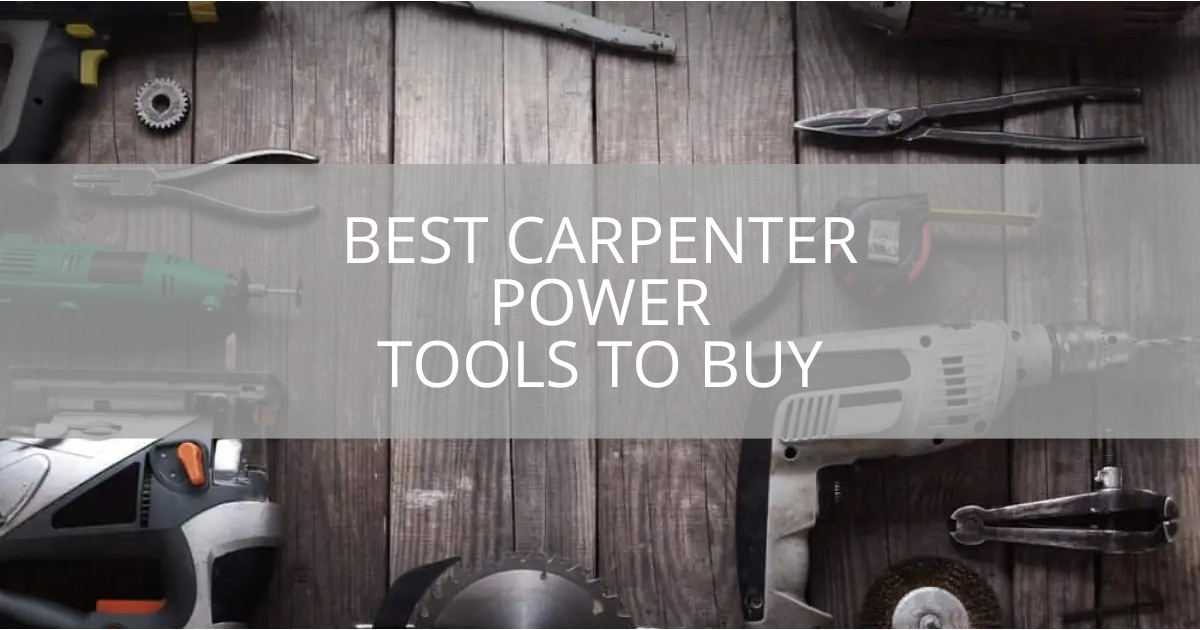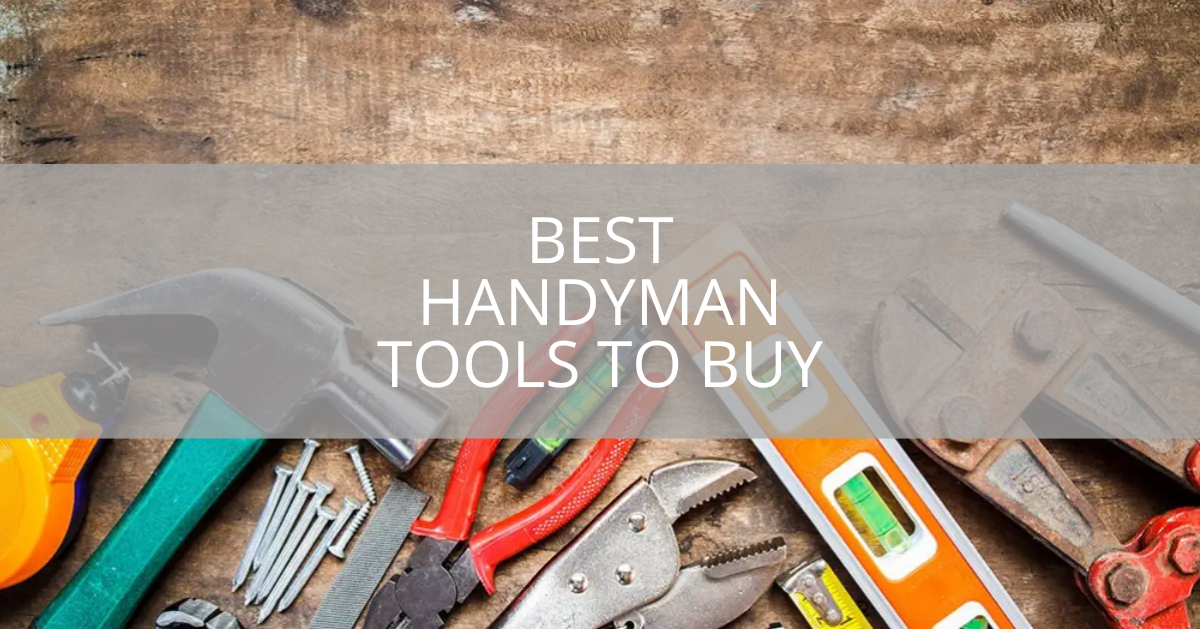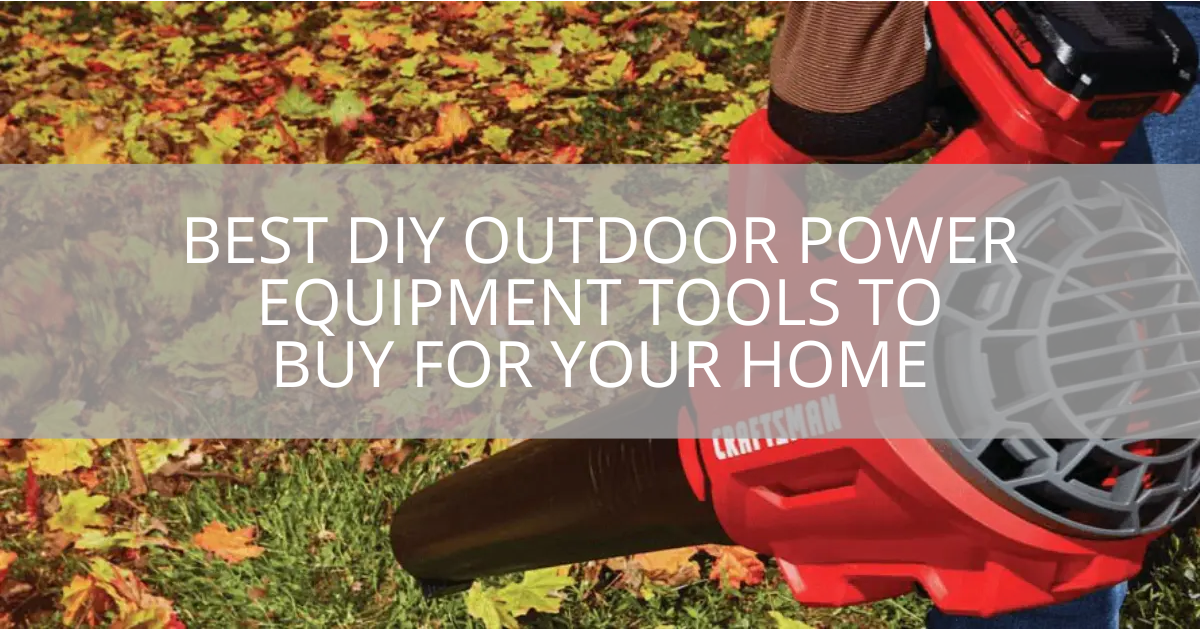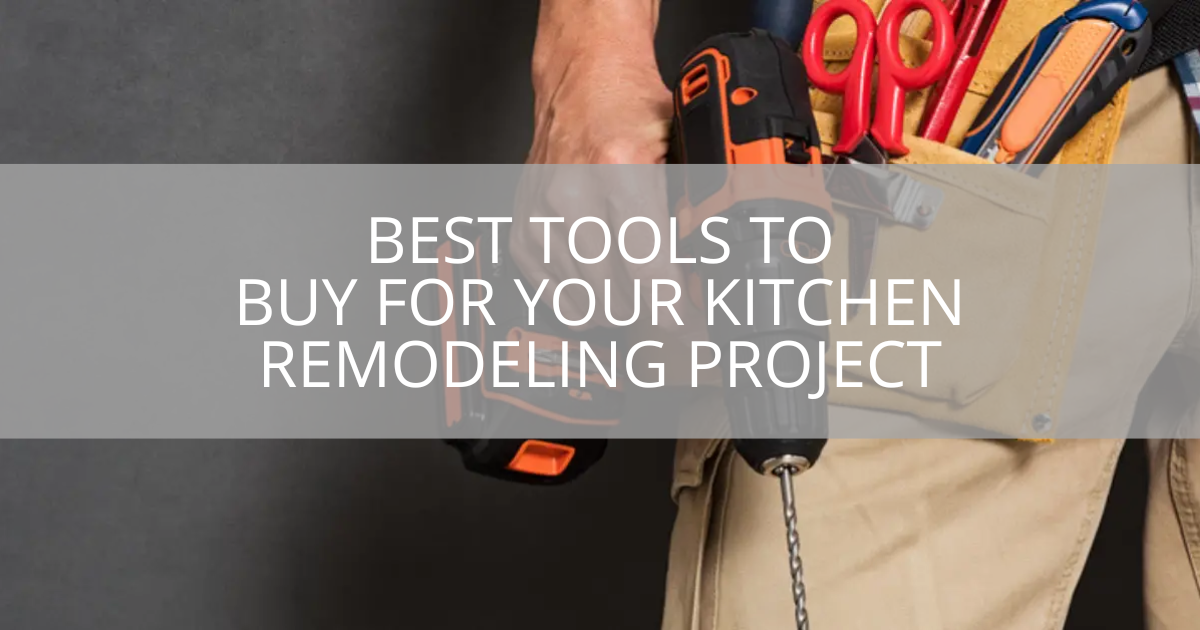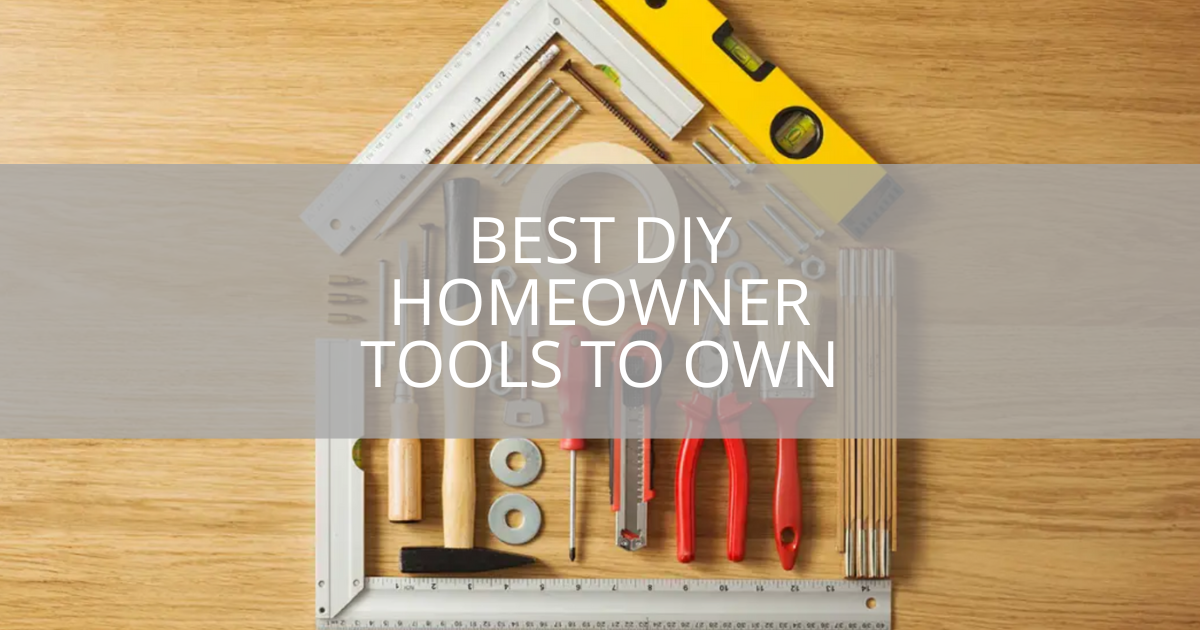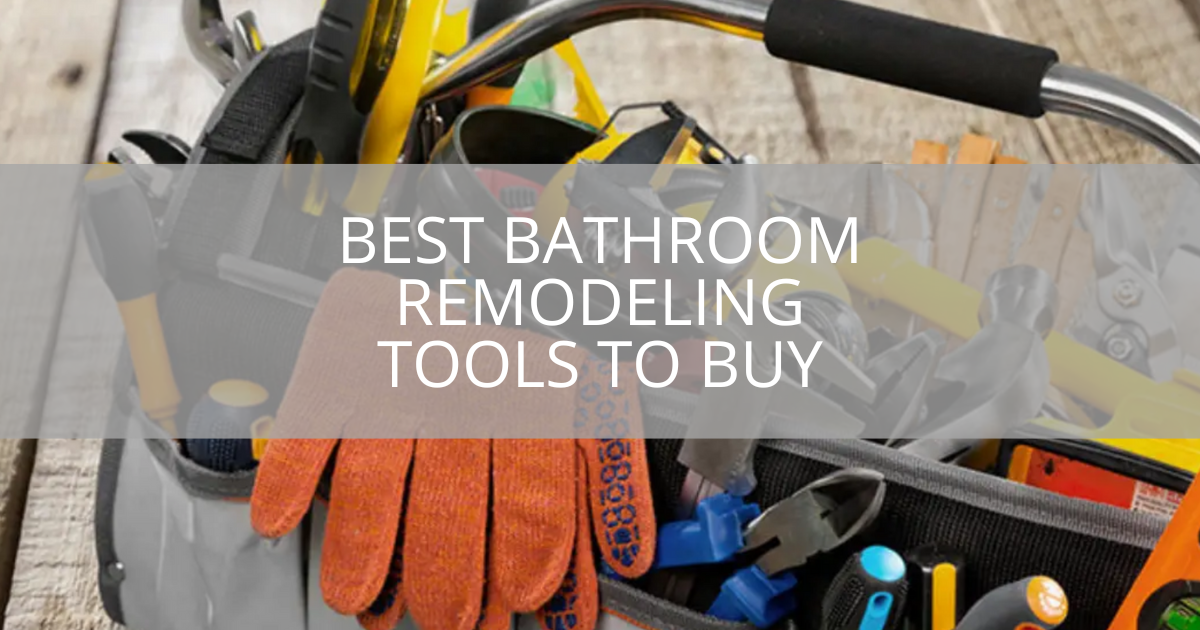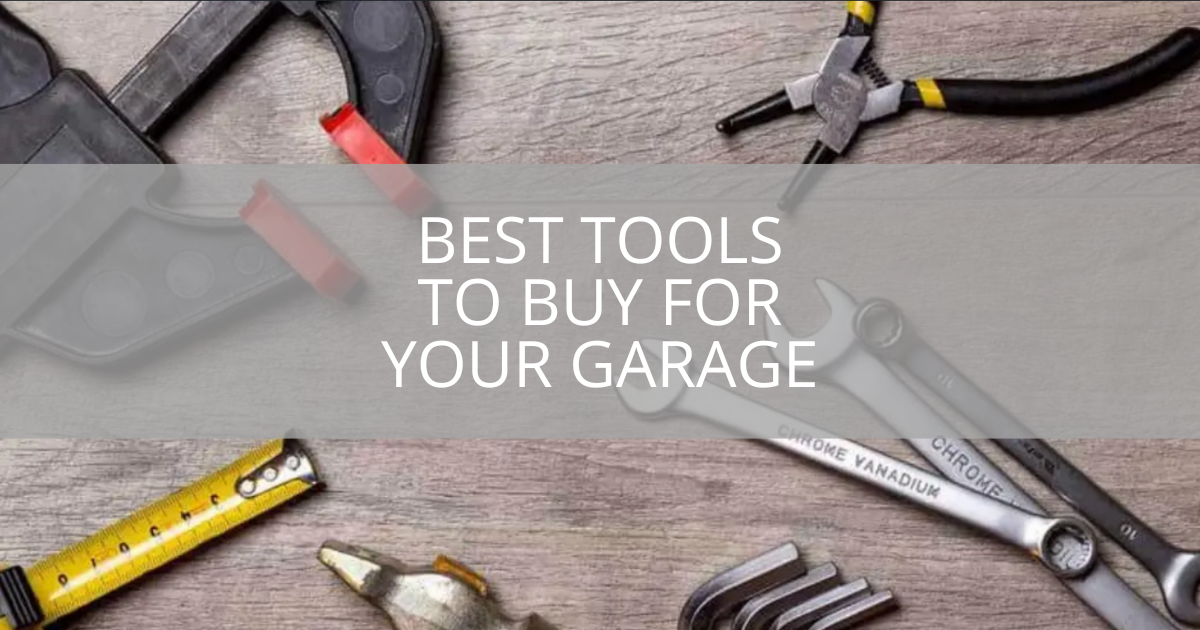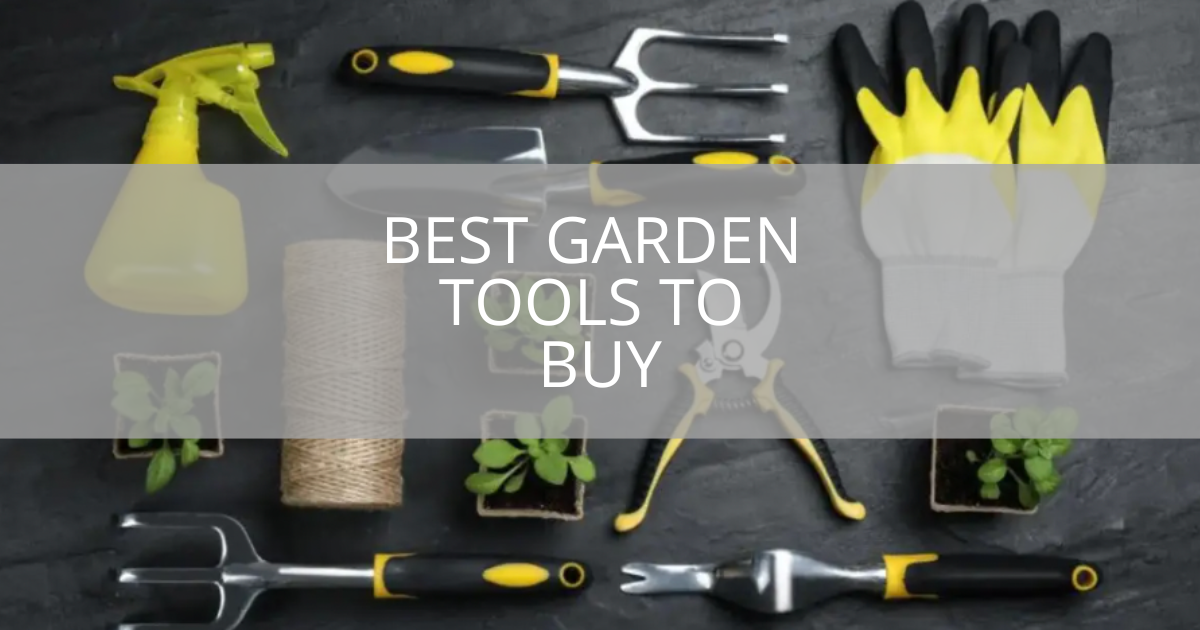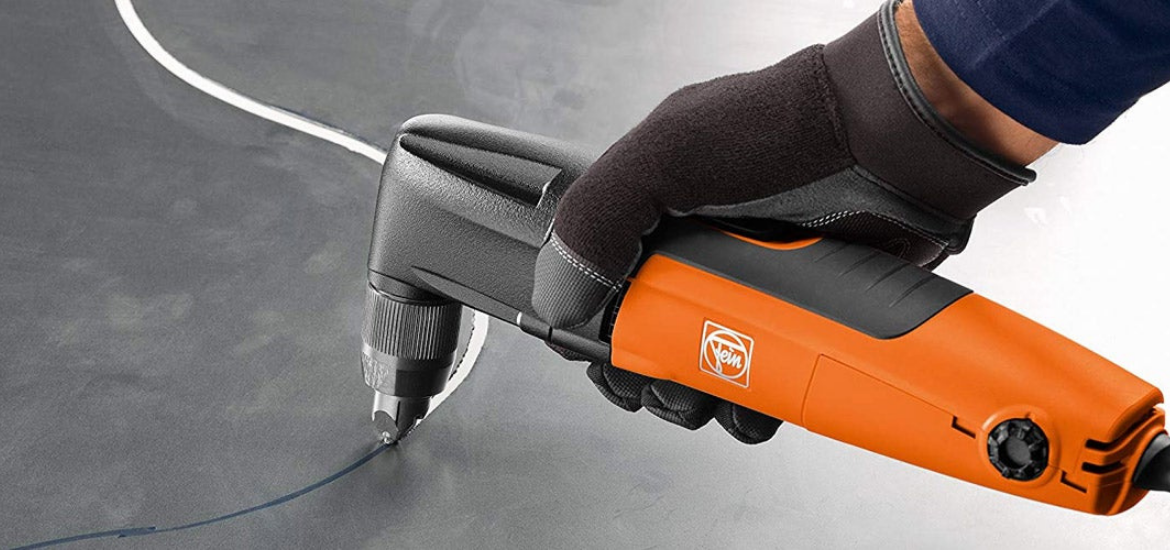
Featured Image: Car Bibles
When it comes to cutting sheet metal, a power sheet metal nibbler or hand nibbler may be very useful. However, picking the correct one may be tricky with so many different kinds of the instrument on the market – and many more versions from various manufacturers.
To help you decide, we’ve put up a list of seven sheet metal nibblers of different kinds that I suggest checking out if you’re in the market for one.
- For clean and precise work in keystone plate, deck plate and other sheet materials
- Slim and ergonomic body design for easy gripping
- Die rotates 360°; large 1/4" stroke
- Extremely light (weighs only 3.6 lbs.) for easier handling
- Small circumference barrel grip design
- Dependable, 3.0 Amp, all ball-bearing motor for long life
- Round punch allows 360° pivot while cutting
- Rotating head allows changing cutting directions as desired
- No distortion of material being cut
- Gear case constructed of strong aluminum alloy for maximum durability
- Hitachi Power Tools has renamed to Metabo HPT. Same great tools, with only a new name.
- 3.5 Amp motor, intense power that cuts through corrugated and flat sheet metal
- 3-position indexing die holder, for quick and easy direction changes
- Small grip circumference, for comfort and maximum control
- Downward punching, minimizes chips on the work piece
- Rotating punch - increases the punch life by 30% against fixed punch systems
- High cutting speed - 7½ ft/min
- Tool-free change of punch, die and cutting direction
- Cutting direction adjustable in steps of 45°
- 16 3/8 ft. Electric Power Cable
- Ideal for cutting ferrous and non ferrous sheet metals, rubber and plastics without deformation of edges and able to cut curves of a minimum of 1/2" radius
- Precision heat treated gearing and lightweight aluminum housing are designed to withstand continued use at max rated output
- Front exhaust air flow system prevents allows you to work without being blasted by air
- Connects easily to an air compressor with 3/8” hose size and 1/4" NPT inlet making it great for both industrial and home projects
- Ideal for sheet metal shops, body shops, roofers, air conditioning fabricators, machine shops, contractors, etc.
- For professional grade applications
- Works on up to 17-gauge cold rolled steel
- Eat through sheet-metal without deformation of edges
- Cut over an inch a second with unmatched balance
- Speed RPM: 3,500 CPM
- Cuts up to 18 gauge steel, aluminum, plastic or other metals.
- Ergonomic grip reduces vibration and increases comfort while operating, keeping you on the job longer and finishing tasks efficiently.
- Cutting rate- 6 ft. per min.
- Angle head for easy cutting.
- Low profile throttle lever and front exhaust.
What You Should Know About Sheet Metal Nibbler (FAQs)
Whether you’re not sure if nibblers are what you need for your work or if you have a question regarding them, we’re here to help you out!
Is it better to buy a nibbler or shears?
The two most popular tools for cutting sheet metal are nibblers, which I discuss in this post and shears. In most instances, you’ll be able to complete your task using any of them. You should bear in mind, though, that nibblers are considerably more precise and may cut clean radiuses.
What are the types of nibblers?
There are two types of sheet metal nibblers: hand nibblers and power nibblers. While the former requires human effort and functions similarly to scissors, the latter is propelled by either electricity or compressed air.
There are two types of electric nibblers: cordless and corded.
Which one should you choose?
You may be able to get away with utilizing hand nibblers instead of power nibblers if you need to cut reasonably thin sheets of metal and just have a few tiny cuts to make. If you need to perform any more work or often cut sheets, I suggest buying one of the power nibblers or a drill attachment.
Unless you already own a compressor in your workshop, I suggest buying an electric compressor. Metal nibblers should be used unless you need the additional power that corded tools offer or are on a budget. They will be a lot easier to use, and you will not have to worry about being tangled in the cable.
What is the finest brand of nibblers?
Knipex is my personal favorite when it comes to hand nibblers. Personally, I suggest Makita for power nibblers since it is the brand of tools with which I have the most expertise and which has never let me down.
If you currently own power tools from another manufacturer, check to see if they also sell nibblers. It’s wise to stick with the same brand, particularly if you’re utilizing cordless power equipment.
Sheet Metal Nibbler Characteristics To Look For
Strokes Per Minute (SPR) – This refers to how many times the nibbler’s sharp blade moves against the fixed die in a minute or how many times it cuts the metal. You don’t need to go for the highest number of strokes per minute, but you should aim for between 1,500 and 2,200 SPR.
Cutting Radius – A nibbler’s cutting radius should be between 1″ and 4″. This is dependent on the size of the hole you’re attempting to cut and the material you’re using.
Cutting Capacity – This refers to the material thickness that the nibbler can cut through. Nibblers are capable of cutting up to 18 gauge steel. Before you buy a nibbler, consider the material you’ll be dealing with. You may not need such strong and costly equipment.
What’s The Best Way To Utilize A Sheet Metal Nibbler?
- Any contractor or carpenter who has used a jigsaw and subsequently moved to nibbler will inform you how the latter is operated in the same way as the former. The main difference between a nibbler and a cutter is that a nibbler does not come with a table that rides along with the material as it cuts. Our testers devised a very effective method of compensating for the lack of this feature: they ensured that the body of the best nibbler was always parallel to the metal while in use. This helpful hint should be remembered to prevent the tool from binding.
- As many of you are aware, if you intend to cut in the center of the surface, it is only reasonable to use a drill to create a starting hole. To determine the minimal radius of a starting hole, consult the encasing of the best nibbler. When we needed to terminate the cut in the center of the surface, on the other hand, we found it far easier to back the machine out of the cut rather than drive it out of the kerf.
- While working with the best nibbler and it is in the middle of cutting, you will notice that you can simply alter the direction of the metal component, or you may opt to spin the machine instead, in the case of smaller materials. The greatest nibbler comes with an efficient die holder that performs the work of rotating to minimize the risk of the nibbler bottoming out against possible hindrances.
- The best nibbler should guide the shards of metal that frequently ruin the smooth surfaces of completed metal items downwards. Because these very sharp metal fragments come out of the machine at any time while cutting, our testers had to be cautious to prevent catastrophic injury. During the testing, our researchers observed that the final pieces had some uneven and damaged edges that required to be smoothed up after they were cut. These sharp edges and burrs may be polished using a grinder or a metal sander, or you can flatten them out entirely with a hammer, depending on the overall aim of the job at hand.
Conclusion:
Makita is a well-known power tool company that produces a broad range of electric power tools, including a variety of nibblers.
The Makita JN1601 nibbler is ranked first in this post because it is one of the most powerful choices. With the assistance of its 5 amp electric motor, it can provide high levels of performance. The 5 amp electric motor in this nibbler type can cut up to 16 gauge metal sheets.
Because Makita is a well-known power tool manufacturer, this nibbler comes with a one-year guarantee. The build quality of this nibbler model is also outstanding, allowing you to utilize it for an extended period. Although the power cable on this nibbler is a little on the short side, for specific users, this may be a problem.
To view our Amazon Associates Disclaimer, please click here.









